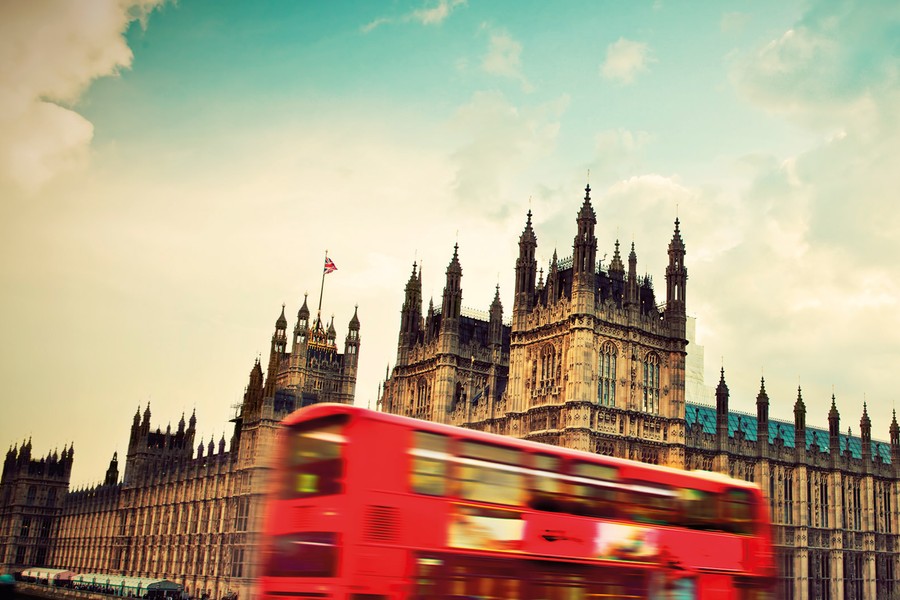By today’s standards, it is hard to understand the controversy. The top rate of income tax would only rise to 7.5 pence in the pound. But a constitutional crisis ensued, only resolved when Edward VII agreed to create five hundred Liberal peers if the Tories remained obstructive – and the Lords backed down. As a result, its power to obstruct Government legislation was limited to a two year delay, reduced to one year under Attlee.
No-one was happy with the outcome. Those on the left of politics approved of the Lords’ reduced powers but were unhappy that a legislative chamber was still controlled by aristocrats. Although most Tories were sentimentally attached to the Lords’ composition, they disliked the curtailment of its powers. Some thoughtful ones would have sacrificed the hereditaries to secure a more powerful Chamber. Even so, that mutual dissatisfaction seemed to provide the basis for a tacit compromise, and a House of Lords which functioned well, especially after the introduction of Life Peers in 1958.
These new peers often brought expertise to their Lordships’ debates, while the hereditaries ensured that history and the land had a Parliamentary voice. As this is an old country and the land is important, that is desirable.
Because the Lords could not claim a democratic mandate, its role was limited, especially as the Tories had agreed to exercise restraint under the Salisbury/Addison convention, negotiated after 1945. The Lords could revise badly drafted Bills and make the Government think again. But the democratic Chamber remained supreme. Everything seemed fine, until Tony Blair took office. He simply found it aesthetically unacceptable that peers could sit in the legislature by right of birth. He also insisted on change without having thought it through. As a result, the number of sitting hereditary peers was cut back to 92, but how were the rest to be recruited?
There is no obvious solution. It could be that the Government will have to grit its teeth and appoint another hundred Conservative peers in order to ensure that it can carry on its business. No-one wants to do that. But there may be no alternative.
One obvious solution would be an elected Upper House. But that would create two difficulties. Assuming that Lords’ elections took place on a different timescale from Commons ones, it would be hard for the Government to command a majority. Equally, an elected House of Parliament could claim a popular mandate. The likely result: gridlock. There would also be the risk that an elected Second Chamber would turn into a second-rate House of Commons. A lot of voters think that we have one of those already.
Tony Blair did not want any of that. His obvious preference was a largely nominated House. That plan was criticised as amounting to a house of cronies and would never have got through the House of Commons. Even so, Tony Blair appointed plenty of cronies. David Cameron has also nominated large numbers of Life Peers to strengthen the Tory ranks. At more than 800 Peers, badly overcrowded, the House is in danger of becoming an ermine slum, while the Prime Minister has a double problem. First, despite his additions, he no longer commands a majority in the Lords. Second, many Labour and Liberal Peers are determined to sabotage the Government’s business.
At more than 800 Peers, badly overcrowded, the House is in danger of becoming an ermine slum.
Lord Strathclyde, a recent Leader of their Lordships, has now been tasked with finding a new arrangement. In view of the truculence on the Opposition benches, that will not be easy.
There have been proposals to reduce the size of the Lords, by eliminating those who rarely attend and enforcing retirement at eighty. But the overcrowding is not caused by those who rarely turn up. As for the veterans, the House ought to be a Chamber for ancestral wisdom.
There is no obvious solution. It could be that the Government will have to grit its teeth and appoint another hundred Conservative peers in order to ensure that it can carry on its business. No-one wants to do that. But there may be no alternative. There are two lessons in all this. When it comes to the Constitution, look before you legislate and if it ain’t broke, don’t fix it. But it is now broke, with no fix in sight.
Bruce Anderson is a British political columnist and author, currently working as a freelancer. Formerly a political editor at The Spectator and contributor to the Daily Mail, he wrote for The Independent newspaper from 2003 to September 2010, and Conservative Home until 2012. Bruce is Scottish-born but London-based and has never tried to deny that he is close to the Tory party.
